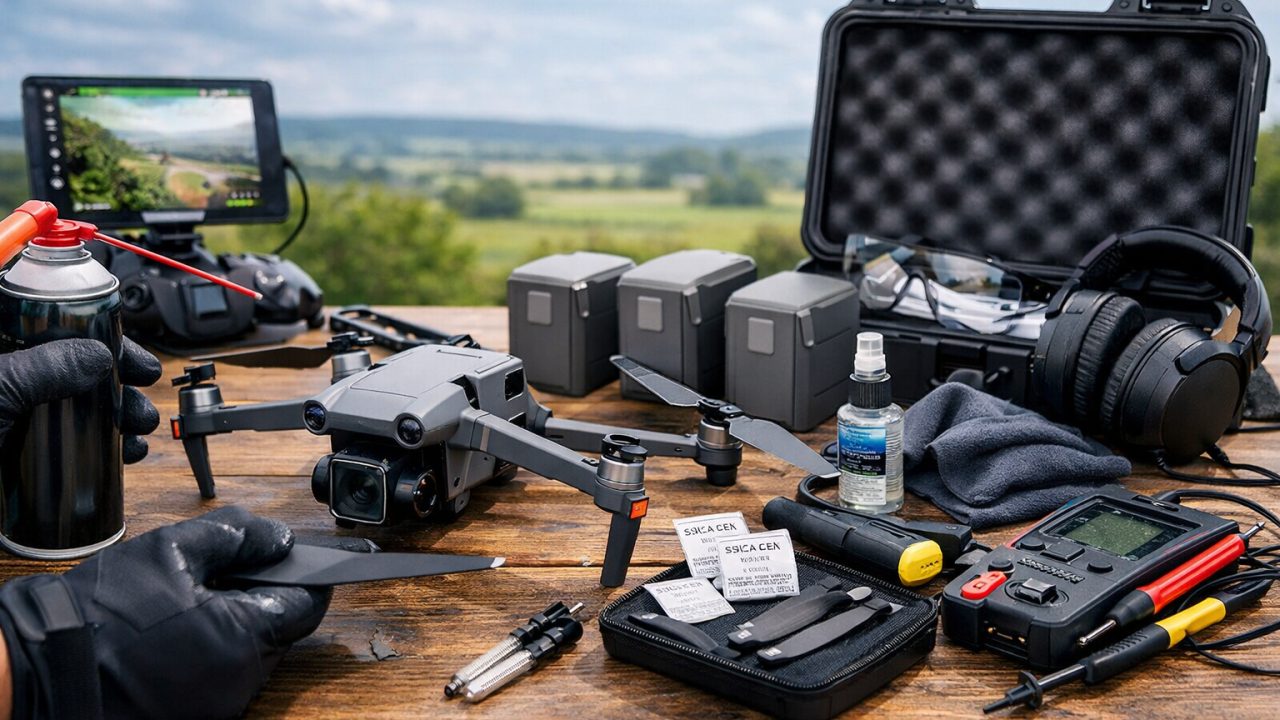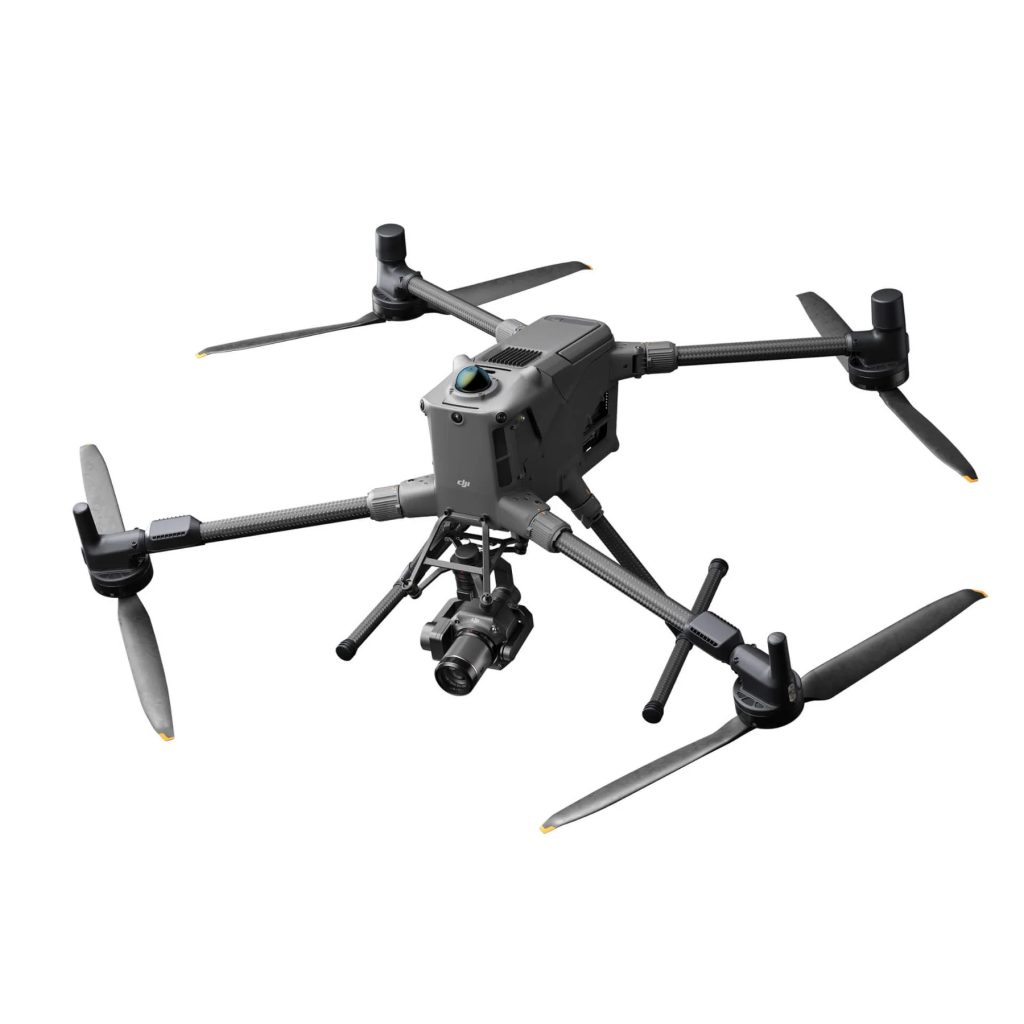
The construction industry stands at a pivotal juncture, where embracing drone technology is no longer a futuristic concept but a present-day imperative. As the sector grapples with longstanding productivity challenges, drones emerge as a transformative solution, offering unparalleled efficiency, safety, and data accuracy.
1. Accelerated Surveying and Enhanced Efficiency
Traditional surveying methods are time-consuming and labour-intensive, often covering only about five acres per hour. In stark contrast, drone surveying can achieve up to 120 acres per hour, representing a 60-fold increase in efficiency. This rapid data collection accelerates project timelines and allows for more frequent site assessments, ensuring that construction progresses as planned.
2. Cost Reduction Through Optimised Resource Allocation
By minimising the need for extensive manpower and equipment, drones significantly reduce operational costs. The ability to quickly gather accurate data means fewer on-site visits and less rework, translating to substantial savings over the course of a project.
3. Elevated Safety Standards
Construction sites are inherently hazardous, with falls accounting for a significant percentage of worker fatalities. Drones mitigate these risks by performing tasks such as inspections and surveys without exposing workers to dangerous conditions. This not only protects the workforce but also reduces potential liabilities and associated costs.
4. Superior Data Accuracy and Real-Time Insights
Utilising photogrammetry, drones capture high-resolution images to create detailed 3D models of construction sites. These models provide precise measurements of distances, elevations, and volumes, enabling informed decision-making and real-time progress tracking. The integration of this data into cloud-based platforms ensures that all stakeholders have access to up-to-date information, fostering transparency and collaboration.
Strategic Applications of Drone Technology in Construction
Site Analysis and Planning
Drones facilitate comprehensive site assessments, capturing data that informs planning and design decisions. This capability allows for the identification of potential issues before they escalate, ensuring that projects commence on solid ground.
Asset Inventory Management
Accurate tracking of materials and equipment is crucial for project efficiency. Drones provide a bird’s-eye view of the site, enabling precise inventory assessments and reducing the likelihood of resource mismanagement.
Dispute Resolution and Documentation
Detailed visual records captured by drones serve as impartial evidence in disputes, clarifying responsibilities and preventing costly litigation. This documentation is invaluable for verifying work completion and quality.
Implementing a Drone Program: Key Considerations
Training and Certification
Operators must be adequately trained and certified to ensure safe and compliant drone usage. Understanding local regulations and obtaining the necessary licenses are foundational steps in establishing a drone program.
Hardware Selection
Choosing the right drone involves evaluating factors such as site size, required data accuracy, and environmental conditions. Options range from versatile quadcopters suitable for smaller sites to fixed-wing drones designed for expansive areas.
Software Integration
The effectiveness of drone data hinges on robust software that can process and analyse the information. Platforms like Propeller offer tools for creating detailed maps, models, and reports, turning raw data into actionable insights.
Embracing the Future of Construction
The integration of drone technology in construction is not merely an enhancement but a necessity for companies aiming to stay competitive. By adopting drones, firms can achieve greater efficiency, safety, and precision, ultimately leading to higher-quality outcomes and client satisfaction. As the industry continues to evolve, those who leverage these advancements will be best positioned to lead the way.
Download our FREE GVC Training Guide
Learn everything you need to know about becoming a drone pilot with our GVC training guide.
- Get a full course roadmap to understand every step of the journey
- Contains clear answers to all of the frequently asked questions
- Get a transparent and comprehensive breakdown of course costs













